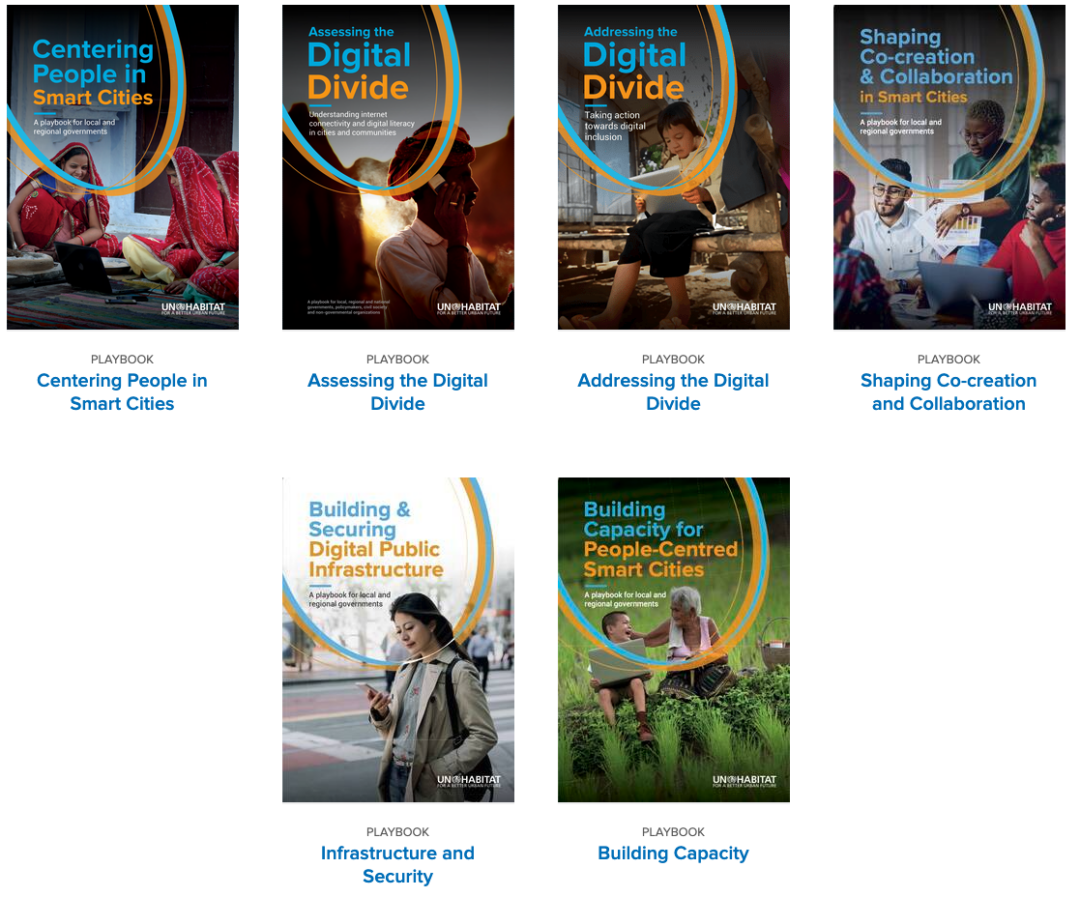“Old words obscure new situations”
— Kim Stanley Robinson
×
Note: This is cross-posted from my weekly newsletter in an attempt to both to make it easier to read this via RSS feed and to have this in my own independent archives. You can subscribe here to get it delivered to your inbox.
×
Welcome back,
Today features some strongly held opinions on societal change, so strap on the safety belt and let’s go!
P.
×
You’re receiving this because you signed up for this newsletter on tinyletter.com/pbihr or through my company’s website, thewavingcat.com. The Waving Cat is a boutique research and strategic advisory firm; I co-founded ThingsCon, a non-profit that explores responsible tech. To support my independent research & advocacy, why not join the SPECIAL PROJECTS membership? On Twitter, I’m @peterbihr. If you’d like to work with me or bounce ideas, let’s have a chat.
×
Brief updates from the engine room
(1)
ThingsCon Festival (Dec 7-11) is really taking shape. The week’s filling up with amazing contributions. If you’re planning on joining (pay as you can), signing up sooner rather than later helps us plan capacity for workshops.
(2)
ThingsCon’s annual RIOT Report (that’s short for State of Reponsible IoT) is also coming together nicely. On top of the contributions I’ve been editing together with Andrea Krajewski, we’ve also been doing interviews with the authors — soon to be released as the inaugural season of a new ThingsCon podcast. More on that soon!
(3)
I started a new membership program called SPECIAL PROJECTS as a way to support my independent work & activism. First project on my agenda is a book project: Responsible Tech – A Pragmatist’s Guide.
(4)
Co-wrote a piece with some collaborators over at HiiG about Open Hardware and its implications for policy makers, out soon. Will share links once I have them. Glad to be part of the advisory committee for Simply Secure’s identity refresh. What a fantastic community.
(5)
Unoffice Hours are still going: Click here to easily book a Zoom chat with me every Tuesday. Or ping me (by hitting reply) to discuss another time.
×
It’s time to stop incrementalism and start leapfrogging
In games like chess and go, it is considered bad etiquette to keep playing a match to the bitter end when it has become clear that the opposing player will win. The idea is to acknowledge that they will win unless they commit a series of stupid errors — and indicating this would signal disrespect. So you resign the match, shake hands, congratulate. And move on.
What do chess and go etiquette have to do with anything? It’s a mental model I’ve come to use for a lot — and I mean a lot! — of societal discussions we’ve been seeing these last few years. I figured sharing this might be useful to some; certainly it might be useful for understanding my lines of argument and where they come from a little better.
Some examples of such discussions first, and after that I’ll share what I mean by my points above:
- Immigration
- LGTBQ and especially transgender rights
- Climate change & the rebuilding of our political economy
Note these are all big topics. Broad, deep, long arch of history, etc. etc.
Now, let’s connect the dots and see a picture emerge. In all of these debates, we see the same pattern repeat over, and over, and over again: A clear arch of history, reaching way back into the past and projecting way into the future, and yet we apparently have to fight these battles down to the last possible move, with the maximum amount of friction and tedium, every single time. And everyone loses — everyone loses face, loses rights, loses options. Loses dignity, really.
- In immigration questions, parties fighting migration (as seen in this horrific UK ad for “ending free movement”) ignore that human history is a history of migration. Free movement is one of the biggest achievements of history. Wave after wave of immigration is fought tooth and nail, but by the time the next wave comes around the prior one is considered harmless (as it was from the beginning!) practically every single time. And even if it wasn’t, we’re headed into a very near future of mass migration the like of which the world hasn’t seen before because of climate related instability. Might as well get on the boat. Just for once, show some respect, frogleap the tedium and get right to the conclusion. Respect the long arch of history.
- For LGTBQ and transgender rights, again look at history. A continuation — however bumpy! — of expanding rights from nobility / rich white men / landowners etc. to other groups: To slightly less rich men; very late in the game, to women and non-white men; slowly, ever so slowly, to the LGTBQ community. Why does it always have to be so incremental? The end state is obvious, it’s clear, there will be only winners once we get there. Show some respect, frogleap the tedium and get right to the conclusion. Respect the long arch of history.
- Look at climate change & the rebuilding of our political economy. We’ve known for decades things were looking bad, and kept going. For years, we’ve now seen how bad things really are: Climate change is all but irreversible, yet we keep using fossil fuels; we keep on slowly transitioning to alternative transportation, energy production (or energy capture), nutrition. We keep subsidizing net negative industries to prop up jobs for the short term, keep going with a financial system so unregulated that it actively gets in the way of making the necessary changes. The particular flavor of the political economy we’ve been applying (i.e. neo-liberal capitalism) has, after an arguably good run post-WWII, increasingly stopped working for most of the world, yet we keep propping it up. (See Mazzucato’s piece linked from the Small Bits & Pieces section below.) Why? Frankly, we don’t have time to run out the clock on these two interlinked issues. We’re currently restructuring the whole world economy with ginormous government corona bailouts; we cannot afford to go back to the same state as before, we need to leapfrog to a new and much better normal. So, once more: Show some respect, frogleap the tedium and get right to the conclusion. Respect the long arch of history.
Doing the same performance of a conflict to the very end is disrespectful, it lacks grace; but also it means that by the time we act it’s too late to have good options. Quicker action means more and better options later, and everyone gets to be gracious and to save face. So let’s learn from go etiquette: Look ahead at the end game and gracefully transition to a better normal, yeah?
×
This is one confusing virus
I find it utterly fascinating to watch scientific discovery play out in real time with the corona virus. When ever did we have a chance to follow along — as part of the regular news cycle, no less! — in research like we do now?
And what a strange virus this is indeed. Do children produce weaker anti-bodies, or simply get anti-bodies from certain types of colds, bypassing the illness altogether? How come really young kids apparently barely get infected? Patients diagnosed with COVID-19 are more likely to also get a first psychiatric diagnosis; but also, someone with a psychiatric diagnosis appears to be at a higher risk of being diagnosed with COVID-19. Apparently, the correlation goes both ways. I mean, what? Also, could nasal spray prevent an infection?
This is fascinating. In the meantime, let’s wear our masks and enjoy the luxury of making a contribution to public health by staying in the comfort of our sofas.
×
Small bits & pieces
Mariana Mazzucato engaged in a nice bit of speculative futuring: It’s 2023. Here’s How We Fixed the Global Economy (TIME) / Trickle looks to be a promising new personal knowledge management tool
×
Currently reading: Attack Surface, Cory Doctorow
×
If you’d like to work with me or have a chat to explore collaborations, let’s chat!
×
Who writes here? Peter Bihr explores how emerging technologies can have a positive social impact. At the core of his work is the mission to align emerging technologies and citizen empowerment. He works at the intersection of technology, governance, policy and social impact with foundations, public and private sector. He is the founder of The Waving Cat, a boutique research and strategic advisory firm. He co-founded ThingsCon, a non-profit that explores fair, responsible, and human-centric technologies. Peter was a Mozilla Fellow (2018-19) and an Edgeryders Fellow (2019). Baser in Berlin, he tweets at @peterbihr and blogs at thewavingcat.com. Interested in working together? Let’s have a chat.
Know someone who might enjoy this newsletter? Please feel free to forward your copy or send folks to tinyletter.com/pbihr.
×




